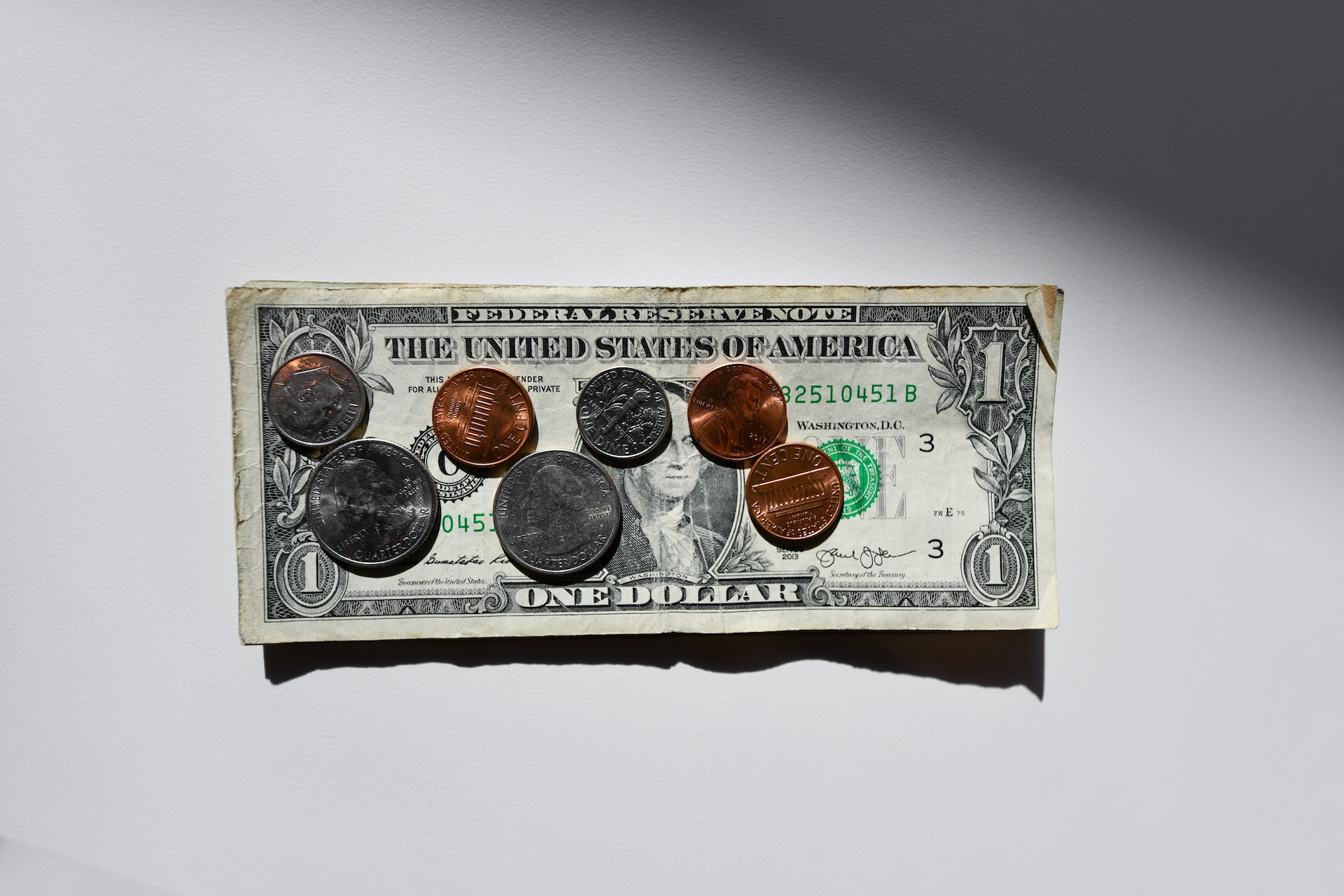A bad credit score can have significant consequences. Getting approved for loans or credit cards can make it more challenging or even hinder your chances of renting an apartment or securing a job. This guide explores the factors contributing to a bad credit score and how to improve your overall credit health.
Understanding Your Credit Score
Your credit score is a crucial factor that determines your financial reputation.
What Affects Your Credit Score and How Is It Calculated
Several factors influence your credit score, including:
- Payment history: Your payment history accounts for 35 percent of your FICO score. Lenders are interested in seeing how punctual you are with your payments, as it indicates your creditworthiness.
- Credit utilization: This refers to the ratio of your credit card balances to your credit limits and accounts for 30 percent of your FICO score. Keeping your credit utilization rate low demonstrates you can responsibly manage credit.
- Length of credit history: The age of your credit accounts makes up 15 percent of your FICO score. A longer credit history typically results in a higher credit score, showing you have extensive credit management experience.
- Types of credit: The variety of credit accounts you have, including revolving accounts (i.e., credit cards) or installment accounts (i.e., mortgages and loans), comprise 10 percent of your FICO score. A diverse mix of credit types shows lenders that you can handle different types of debt.
- New credit inquiries: Every time you apply for credit, a credit inquiry is generated, accounting for 10 percent of your FICO score. Multiple inquiries in a short period may indicate that you are experiencing financial difficulties or overextending yourself.
Credit Score Ranges Explained
There are two primary credit-scoring models to be aware of.
FICO
FICO scores are used by more than 90 percent of lenders and creditors to make lending decisions and range from 300-850 – the higher, the better. Its ranges are as follows:
- Excellent FICO score: 800-850
- Very good FICO score: 740-799
- Good FICO score: 670-739
- Fair FICO score: 580-669
- Poor FICO score: 300-579
VantageScore
Another widely-used credit scoring model is VantageScore. Like FICO, VantageScore also uses a range of 300-850. However, their classifications differ slightly:
- Excellent VantageScore: 781-850
- Good VantageScore: 661-780
- Fair VantageScore: 601-660
- Poor VantageScore: 500-600
- Very poor VantageScore: 300-499
The Importance of a Good Credit Score
A higher credit score provides several advantages that can positively impact your financial life, making it easier for you to achieve your goals.
For starters, a good credit score increases your chances of being approved for a credit card or loan. Lenders are more willing to lend money to those who have demonstrated responsible borrowing and repayment habits. With a good credit score, you’ll find it easier to obtain credit cards, personal loans and even a mortgage for your dream home.
In addition to approval odds, a strong credit score enables you to secure loans at lower interest rates. When you have a lower credit score, lenders view you as a riskier borrower, resulting in higher interest rates on your loans. This means that with a good credit score, you’ll save a significant amount of money over the life of your loans, particularly for substantial loans like mortgages.
Furthermore, a good credit score entices lenders to offer you additional incentives, such as promotional deals, rewards programs and exclusive offers. These perks can help you save money and earn rewards through your credit card spending.
Landlords and utility companies often pull your credit score when evaluating your rental application or setting up utilities. A good credit score demonstrates that you’re a responsible and reliable tenant, increasing your chances of securing rental properties or even negotiating better lease terms and conditions.
A good credit score could also impact your employment opportunities. Some employers may review your credit score as part of their hiring process, especially for roles involving financial responsibilities. A good credit score can indicate a high level of responsibility and reliability, making you more attractive to potential employers.
What is a Bad Credit Score
A bad credit score can negatively impact your financial life in various ways, such as limiting your access to loans, credit cards or better interest rates. Understanding what constitutes a bad credit score can help you take the necessary actions to improve it.
Bad FICO Score
A FICO score below 600 is considered a bad credit score as it falls into the fair or poor credit ranges. This score is based on multiple factors, such as your payment history, credit utilization and length of credit history. It is essential to monitor and improve your credit score to qualify for better financial products and services.
How Do Bad Credit Scores Affect You?
Here’s a closer look at the potential negative impacts of a bad credit score.
Limited Access to Credit
Lenders view applicants with lower credit scores as higher risks which translates to fewer credit card and loan options. This means that when you need to borrow money for a major purchase or in an emergency, obtaining the loan or credit card you need can be more challenging.
Higher Interest Rates and Charges
When your credit score is not up to par, you’re likely to face higher interest rates on any loans or credit you manage to secure. Lenders charge these higher interest rates to compensate for the risk of default that comes with lending to someone with a credit history. Consequently, you’ll end up paying more in interest and fees over the life of the loan, making it more expensive overall.
Paying a Deposit or Providing Collateral
Another consequence of a bad credit score is the requirement to pay a deposit or provide collateral when applying for certain types of loans or services, such as utilities or even a cell phone plan. These deposits act as a security measure for the lender or service provider and can be a financial burden for you, particularly if you’re already struggling with finances.
Missing Out on Rewards and Other Opportunities
With a poor credit score, you might miss out on rewards and other opportunities that come with having good credit. For example, many credit cards offer cashback, travel rewards or other perks, which you may not be able to access with a low credit score. Furthermore, landlords and employers may also review your credit history, potentially impacting your ability to rent an apartment or secure a desired job.
Common Causes of a Bad Credit Score
The items listed below are some of the most common reasons why your credit score could be suffering.
Late Payments and Default
If you consistently make late payments or miss them altogether, this will negatively impact your credit score. Remember that both late payment information and default notices are reported to major credit bureaus, and they can damage your credit score.
High Level of Debt
Another important factor that can lower your credit score is carrying a high level of debt. Lenders look at your debt-to-income ratio, which is the percentage of your monthly income that goes toward debt repayment. A high debt-to-income ratio may make you look like a riskier borrower and cause your credit score to decrease.
Bankruptcy or Legal Judgements
Filing for bankruptcy or having legal judgments against you, such as liens or collections, can severely lower your credit score. These negative events typically stay on your credit report for an extended period and indicate that you have had difficulty managing your finances in the past.
Failing to Abide by Credit Agreements
Not adhering to the terms of your credit agreement, like going over your credit limit or defaulting on a loan, can also damage your credit score. These actions show lenders that you may be unable or unwilling to manage credit responsibly.
Identity Theft
Identity theft can also lead to a bad credit score if left unchecked. If someone uses your personal information to open new accounts or take out loans in your name, those accounts and the resulting debt may negatively affect your credit score.
How to Fix a Bad Credit Score
A bad credit score isn’t the end of the world. Here’s what you can do to improve it.
Develop a Credit Improvement Plan
Begin by obtaining a copy of your credit report from the three major credit bureaus. Examine the reports for errors or inaccuracies, and dispute any you find with the respective bureau. Develop a plan to pay outstanding bills and reduce your overall debt level while avoiding new unnecessary debt. Consider consolidating high-interest debts or negotiating with creditors for better terms.
Consistently Monitoring Your Credit Score
Keeping a close eye on your credit score is essential to ensure your credit improvement efforts are paying off. Regularly check your credit report from each of the major credit bureaus – Experian, TransUnion and Equifax. Aim to track your credit score monthly to stay informed about your progress and catch any errors before they negatively impact your credit. Monitoring your credit will help you identify areas where adjustments to your financial practices are needed.
Make Smart Financial Decisions
To improve your credit score, make smart financial decisions that demonstrate responsible credit management. This includes paying your bills on time, utilizing credit responsibly, only applying for credit as needed and diversifying your credit accounts.
Consider Credit Help Services
If you’re struggling to improve your credit score on your own, consider getting help from professionals. They can help identify errors or negative items on your credit report and guide you through the process of disputing them or negotiating with creditors to remove them. Keep in mind that getting help can be costly, so weigh the potential benefits and drawbacks before committing to one. Remember, no service can guarantee to “fix” your credit, but they can provide guidance and support on your journey to better credit.
Ready to tackle your credit problems with The Credit Pros? Their team of experts is dedicated to helping you achieve fast and effective results. With personalized solutions and a 90-day refund policy, you can trust that they have your best interests in mind. Contact The Credit Pros today at (727) 306-8201 or fill out a form to get started on improving your credit score. Don’t let a low credit score hold you back – take the first step towards financial freedom with The Credit Pros.







